Physical Address
304 North Cardinal St.
Dorchester Center, MA 02124
Physical Address
304 North Cardinal St.
Dorchester Center, MA 02124
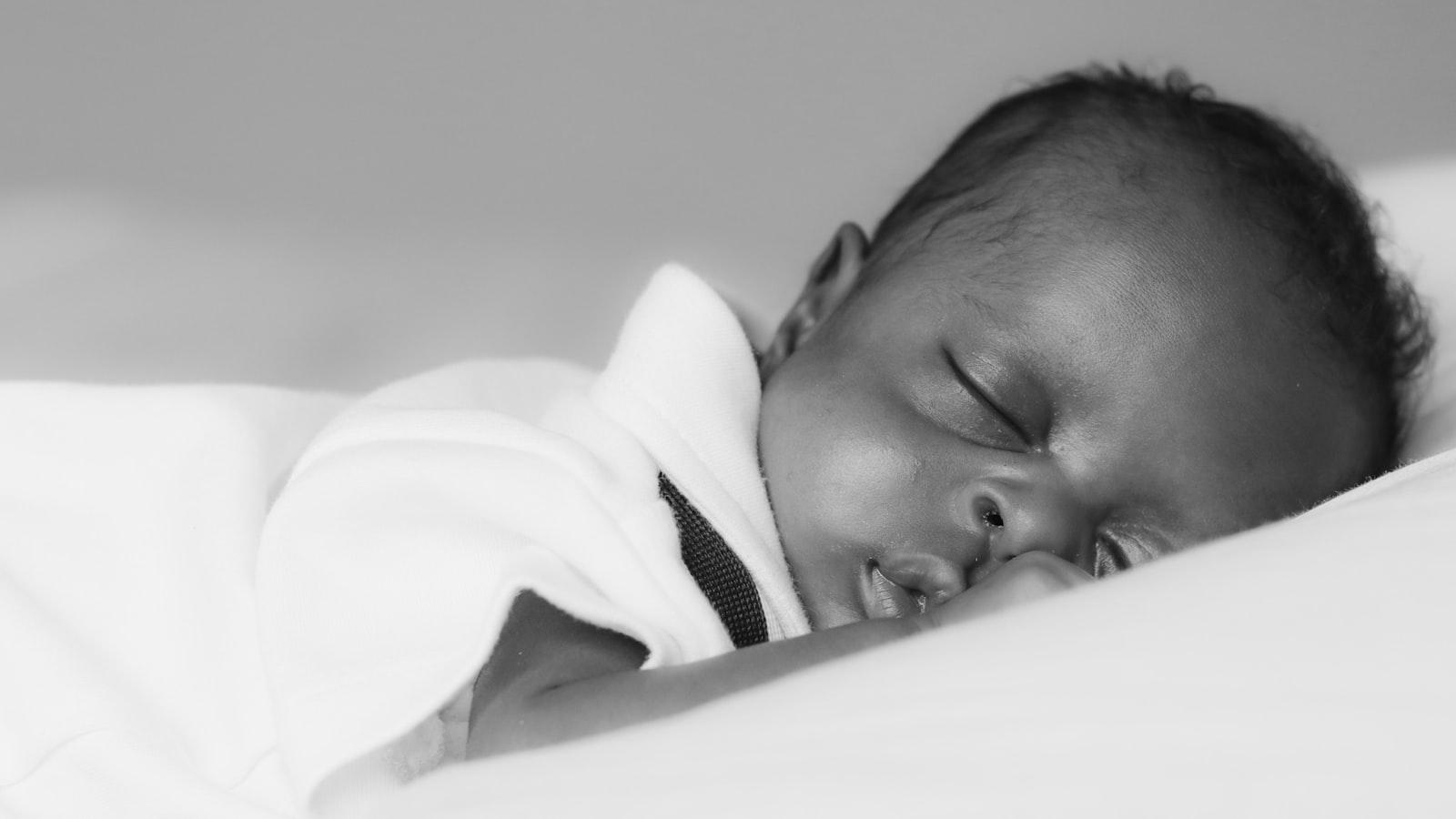
It is a question that has been pondered by parents for generations: do babies say ”mama” or “dada” first? As a loving father of four children, I can attest to the joy of hearing those first precious words from your little one. The answer to this age-old question may surprise you, as it actually depends on various factors including personal preference and comfort levels. In this article, we will delve into the science behind baby language development, share insights from personal experiences, and offer recommendations for parents on how to encourage their baby’s speech development. So, sit back, relax, and let’s explore the fascinating world of baby babble!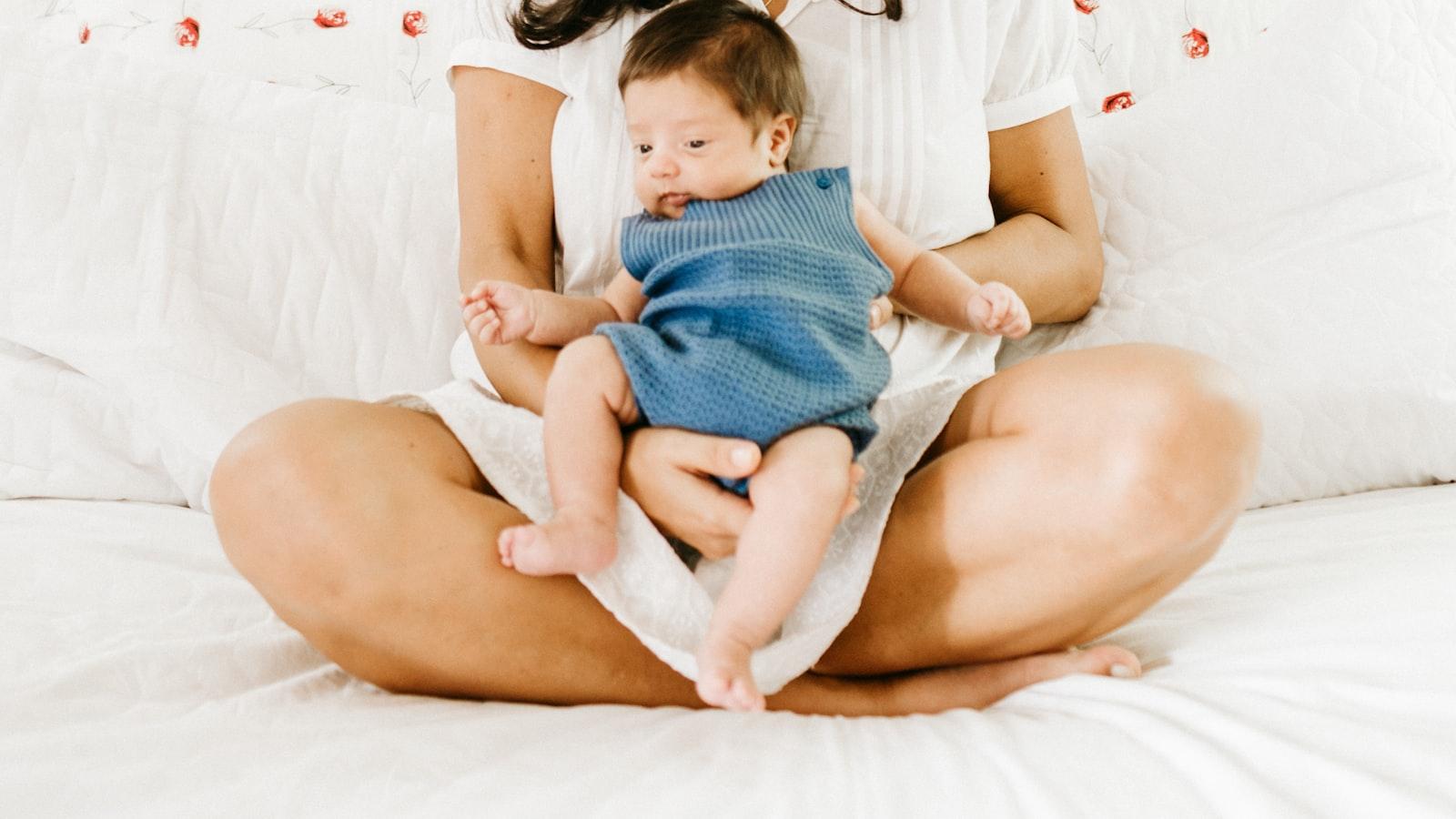
Babies saying “mama” or “dada” first is a topic that has been debated for generations. Some people claim that babies tend to say ”dada” first, while others are firm believers that “mama” is the initial word uttered. The truth is, there is no one-size-fits-all answer, as every baby is unique in their development.
From my experience as a father of four, I can attest that each of my children had their own unique timeline for speaking their first words. My daughter surprised us all by saying “mama” first, while my boys followed with “dada.” It goes to show that there is no set rule when it comes to babies and their first words.
is fascinating. It is a complex process that involves a combination of cognitive development, motor skills, and social interactions. As babies navigate the complexities of language, they are constantly absorbing information from the world around them.
Research has shown that babies start to babble around 6-9 months old, which eventually leads to their first words. This babbling is essential for their language development, as it helps them practice the sounds needed for speech. So whether your baby says “mama” or “dada” first, rest assured that it is all part of their journey towards unlocking the secrets of communication.
As parents, it’s important to be patient and supportive as your baby embarks on this exciting milestone. Encourage their language development by talking to them, reading stories, and singing songs. Remember, every baby is different, and what matters most is the bond you share and the joy of hearing their sweet voice saying those magical first words. So, whether it’s “mama,” “dada,” or something else entirely, cherish those precious moments and celebrate your baby’s amazing milestones.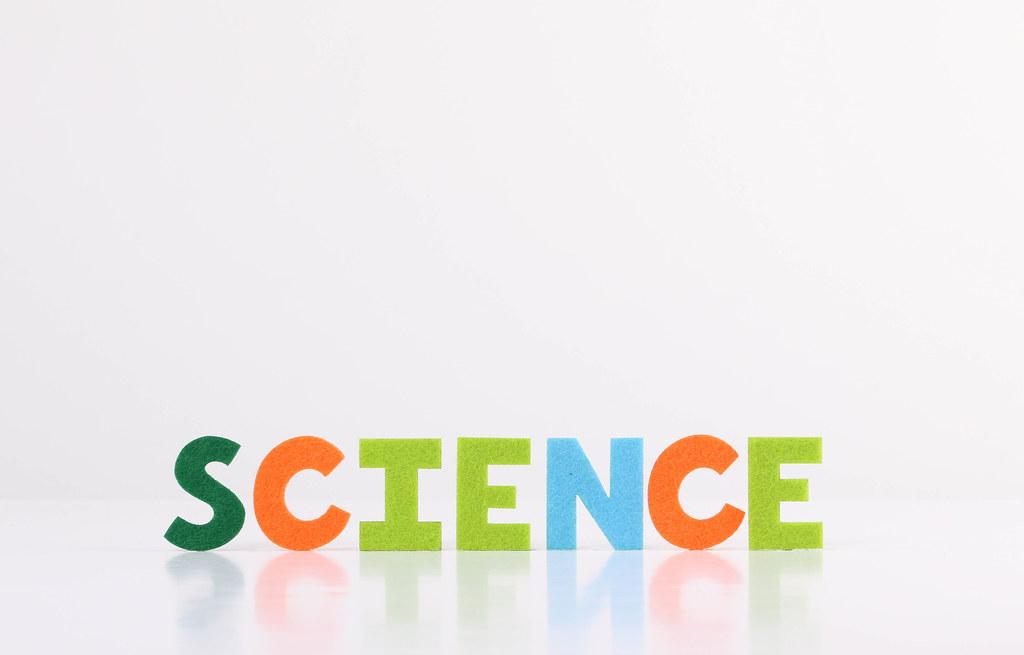
Babies saying “mama” or “dada” first is a classic debate that has been the subject of many parenting discussions. While some may swear by the notion that babies are more likely to say “mama” first due to the repetitive sound of the word, others believe that babies tend to babble “dada” first, associating it with their father figure. The truth is, every baby is different, and their first words can be influenced by a variety of factors.
Here are some factors that may influence babies’ first words:
Parental Interaction: Babies tend to mimic sounds they hear frequently. If a parent consistently says “mama” or ”dada” to their baby, they may be more likely to repeat those sounds as their first words.
Emotional Attachment: Babies may say “mama” or “dada” first based on their emotional connection with their parents. They may associate one of the words with comfort, security, or love.
Sound Preference: Some babies may find certain sounds easier to pronounce than others. For example, the simple “m” sound in “mama” may be easier for a baby to articulate than the combination of sounds in “dada.”
Gender: In some cases, babies may say “mama” or “dada” first based on their gender preferences. A baby who spends more time with their mom may be more likely to say “mama” first, while a baby who has a strong bond with their dad may say ”dada” first.
As a father of four, I have personally experienced the joy of hearing my children’s first words. Each of my children had their own unique way of expressing themselves, and I cherished every moment of their early language development. It’s truly a beautiful experience to witness your baby’s first words, regardless of whether they say “mama” or “dada” first.
In the end, it’s important to remember that babies develop at their own pace and in their own way. Whether your baby says “mama,” “dada,” or any other word first, the most important thing is to celebrate their milestones and continue to support their language development journey. After all, the sweet sound of your baby’s first words is a true testament to the bond between parent and child.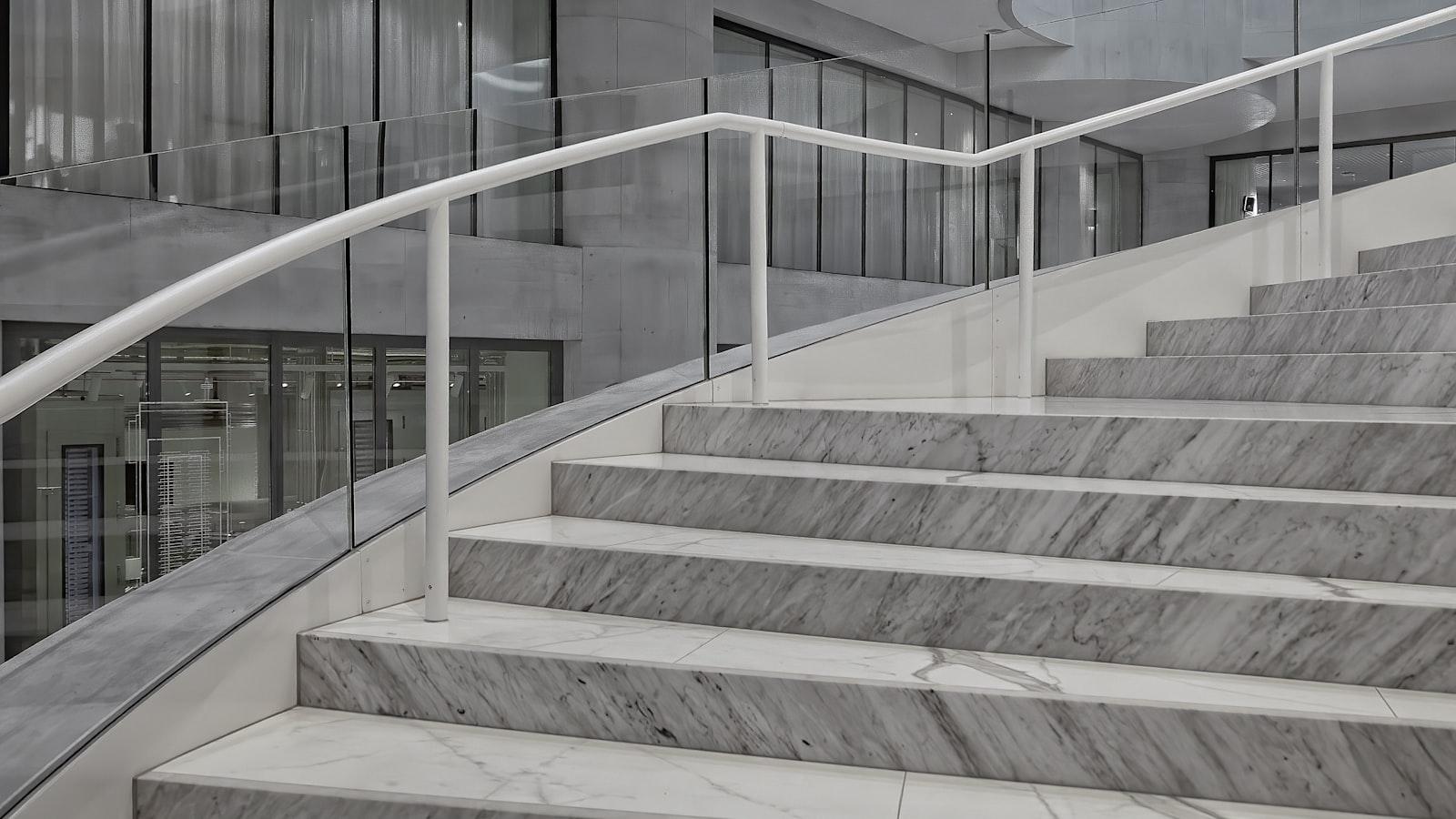
When it comes to babies saying their first words, “mama” and ”dada” are often at the top of the list for parents. Now, do babies say “mama” or “dada” first? The answer is not always clear-cut, as it can vary from child to child. However, there are some tips and tricks you can try to encourage your little one to utter those precious words.
1. Create a Special Bond: Spend quality time with your baby, bonding and interacting with them. This will not only strengthen your relationship but also encourage them to mimic sounds and words.
2. Use Simple Sounds: Start by repetitively saying “mama” or “dada” in a clear and enthusiastic voice. This repetition can help your baby recognize and eventually imitate the sounds.
3. Incorporate Playtime: Make learning fun by incorporating word games and activities during playtime. Use toys and books that say “mama” or “dada” to reinforce these words.
4. Celebrate Small Victories: When your baby makes babbling sounds that resemble “mama” or “dada,” celebrate these small victories with praise and encouragement. Positive reinforcement can go a long way in language development.
5. Stay Patient and Consistent: Remember, every baby develops at their own pace. Be patient and consistent in your efforts to encourage your baby to say “mama” or “dada.” Celebrate progress, no matter how small it may seem.
As a father of four, I’ve seen firsthand how each of my children has reached milestones like saying their first words in their unique way and time. So, don’t worry if your baby doesn’t say “mama” or “dada” right away. With a little time, patience, and lots of love, those sweet words will eventually come.
<img class=”kimage_class” src=”https://daddyempire.com/wp-content/uploads/2024/03/404298099_c60259d30a_b.jpg65fd4922d741c.jpg” alt=”Tips to Encourage Baby to Say “Mama” or “Dada””>
When it comes to baby’s first words, there’s a common misconception that all babies say “mama” before “dada.” While it may seem like a sweet tradition, the truth is that babies actually vary in their speech development. Some babies may say “mama” first, while others may say ”dada” or even something completely different!
As a father of four, I can attest to the fact that each child is unique and will reach milestones like first words at their own pace. It’s not a competition between parents to see whose name the baby says first. It’s all about celebrating those precious moments when your little one starts to communicate with you.
It’s absolutely normal for babies to say words like “mama” and “dada” early on because they are simple sounds that are easy for them to pronounce. These words are often associated with their primary caregivers, which is why they may come out first. However, it’s important to remember that every baby is different, and there is no set rule for which word they will say first.
As a parent, it’s natural to be excited and eager to hear your baby’s first words. But it’s important to be patient and let them develop at their own pace. Encourage them to babble and make different sounds, as this is all part of the language development process. Before you know it, they’ll be chatting away and telling you all about their day in their own unique way!
In conclusion, the idea that babies always say “mama” first is just a common misconception. Babies will say their first words when they are ready, and it’s a special moment no matter what the word may be. So, enjoy this precious time with your little one and celebrate each milestone, whether it’s “mama,” “dada,” or something totally unexpected!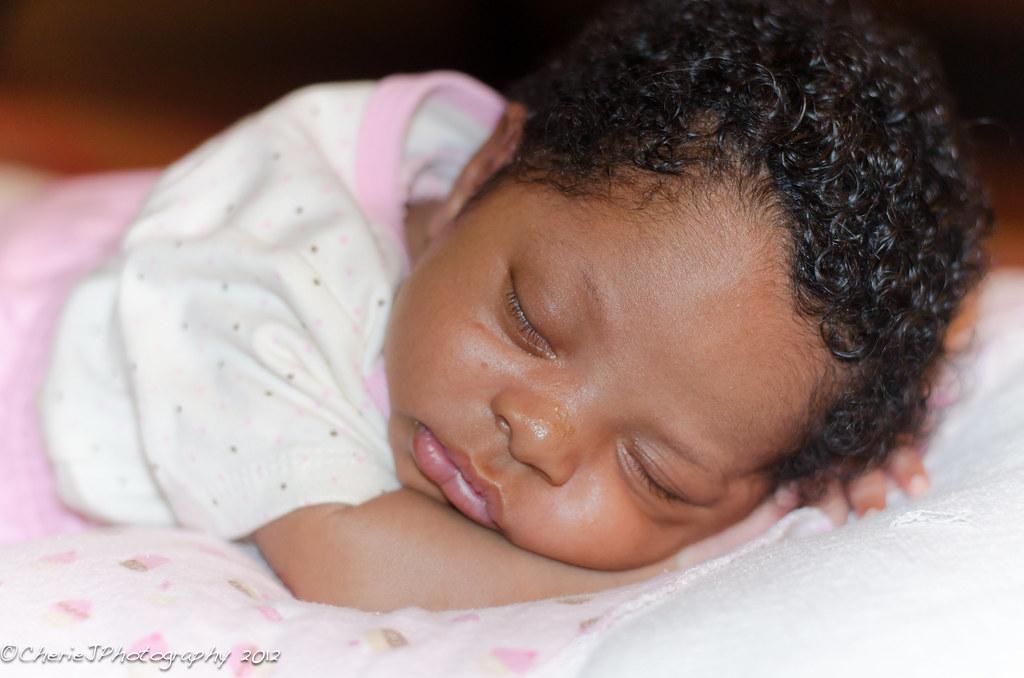
When it comes to the age-old debate of whether babies say “mama” or “dada” first, it seems like everyone has a different story to tell. Some parents swear their little ones’ first word was “mama,” while others are convinced it was “dada.” But did you know that cultural variations play a significant role in babies’ first words?
In some cultures, babies tend to say “mama” first, while in others, “dada” takes the lead. This can be attributed to the sounds that are more commonly used in each language and the frequency at which certain words are spoken in a household. For example, in languages where ”mama” is a simpler and more repetitive sound, babies may be more likely to say it first.
As a father of four, I have witnessed firsthand the excitement and joy that comes with hearing your baby’s first word. It’s a milestone moment that you’ll cherish forever, regardless of whether it’s “mama,” “dada,” or something completely unexpected. Each child is unique in their own way, and their first words are a reflection of that individuality.
In some cultures, the significance of a baby’s first word goes beyond just a cute milestone. It can be a symbol of love, connection, and cultural identity. Whether it’s “mama” or “dada,” the important thing is that your baby is communicating with you and making their presence known in the most adorable way possible.
So, if you’re anxiously awaiting the day your little one utters their first word, rest assured that it will happen in its own time. Enjoy the journey of parenthood, celebrate each milestone, and don’t sweat the small stuff. After all, whether it’s “mama” or “dada,” the love you share with your baby speaks louder than words.
When it comes to the age-old debate of whether babies say “mama” or “dada” first, the answer might surprise you! There is actually no set rule as to which word infants utter first. While some babies might say ”mama” first, others might say “dada” or even a completely different sound altogether. It all boils down to individual differences and developmental milestones.
As a father of four, I’ve witnessed firsthand the joy and excitement of hearing my children’s first words. Each of my kids had their unique way of learning to speak, with some leaning towards “mama” and others towards “dada.” It was a heartwarming experience to see them reach this significant milestone in their development.
Speech development in infants is a complex process that involves a combination of listening, observing, and mimicking. Babies start babbling as early as 6 months old, experimenting with different sounds and syllables. Over time, these babbles evolve into more recognizable words like “mama” and “dada.” It’s truly fascinating to witness the progression from babbling to coherent speech.
As parents, it’s natural to feel eager and excited about our babies’ first words. We eagerly await that magical moment when they call out to us with “mama” or “dada.” However, it’s essential to remember that speech development varies from child to child. Some infants may start speaking earlier, while others may take a bit longer. It’s all part of the beautiful journey of growth and development.
In the end, whether babies say “mama” or “dada” first is not as important as the joy and pride we feel as parents when they reach this milestone. Every child is unique, and their speech development will unfold in its own time and manner. So, let’s cherish each moment, celebrate their achievements, and enjoy the wonderful journey of watching our little ones grow and learn to communicate.
When it comes to the age-old question of whether babies say “mama” or “dada” first, the truth is that there is no one-size-fits-all answer. It really depends on the individual child and their unique developmental journey. Some babies may utter “mama” as their first word, while others may go with ”dada”. As a loving father of four, I’ve seen a mix of both in my own children, which just goes to show that every little one is different in their own special way.
Parental interaction plays a crucial role in language development, no matter which word your baby utters first. Engaging with your child through talking, singing, reading, and playful interactions can help them build their language skills and vocabulary. Remember, it’s not about which word comes first, but about the quality time spent with your little one as they navigate the exciting world of language.
As a parent, it’s important to create a nurturing and stimulating environment for your child to thrive in. Encouraging communication, listening attentively, and responding to your baby’s cues can all help support their language development. So, whether your baby says “mama” or “dada” first, rest assured that your love and attention are laying a strong foundation for their future language abilities.
In the end, the journey of language development is a delightful one filled with milestones, surprises, and endless possibilities. So, cherish those sweet moments as your baby starts to communicate with you in their own special way. And remember, whether it’s “mama”, “dada”, or any other word, what truly matters is the bond you share and the memories you create together.
Babies reaching their speech milestones is a significant moment for any parent, and one common question that arises is, “do babies say mama or dada first?” It’s a heartwarming sight to see children, with their innocent faces, say their first words. As a parent of four young kids, I’ve experienced this joy multiple times, and each time it has been magical.
While it’s a common belief that babies tend to say “dada” first, the truth is that it actually varies from child to child. Some babies may say “mama” first, while others may opt for “dada.” Ultimately, what matters is that your little one is starting to develop their speech and communication skills.
As a parent, it’s crucial to pay attention to your baby’s speech development and know when to seek advice. If you notice delays or concerns in your child’s speech progression, it’s advisable to consult with a pediatrician or speech therapist for guidance. Early intervention can make a significant difference in addressing any potential speech issues.
Remember, every child is unique, and speech development can vary widely. Some babies may start talking earlier, while others may take a bit longer - and that’s perfectly normal. The key is to provide a supportive and nurturing environment for your little one to thrive and grow in their speech abilities.
In the end, whether your baby says “mama” or “dada” first is not as important as the journey of their speech development. Celebrate each milestone, big or small, and cherish these precious moments as they grow and learn to express themselves in their own unique way. Your love and support are what truly matter in helping your baby navigate the exciting world of speech and language.
Q: Do babies usually say “mama” or “dada” first?
A: The answer can vary based on individual babies, but some studies suggest that “dada” is often said first because the “d” sound is easier for babies to produce.
Q: Does saying “mama” or “dada” first have any significance?
A: Some parents may believe that the first word a baby says holds special meaning, but in reality, it is likely just a result of the sounds that are easier for babies to imitate.
Q: Is there a way to encourage a baby to say “mama” or “dada” first?
A: Talking to your baby frequently and using words like “mama” and “dada” can help encourage language development, but ultimately, the order in which a baby says these words is not something that can be controlled.
Q: How important is it for a baby to say “mama” or “dada” first?
A: In terms of language development, the order in which a baby says “mama” or “dada” first is not significant. What’s more important is that a baby is exposed to language and communication from a young age.
Q: Are there any other factors that may influence which word a baby says first?
A: Environmental factors, such as which parent a baby spends more time with, or cultural influences, may also play a role in which word a baby says first. Ultimately, every baby develops at their own pace.
In conclusion, the question of whether babies say “mama” or “dada” first is one that has fascinated parents and researchers alike for generations. While there is no definitive answer, studies suggest that both words are important to babies for different reasons. Regardless of which word is uttered first, what truly matters is the strong bond of love and connection that forms between a parent and their child. As babies continue to surprise us with their development and milestones, let’s celebrate each and every precious moment as they navigate their way through the world of language. So whether it’s “mama” or “dada” that comes first, the sweet sound of a baby’s voice will always be music to our ears.